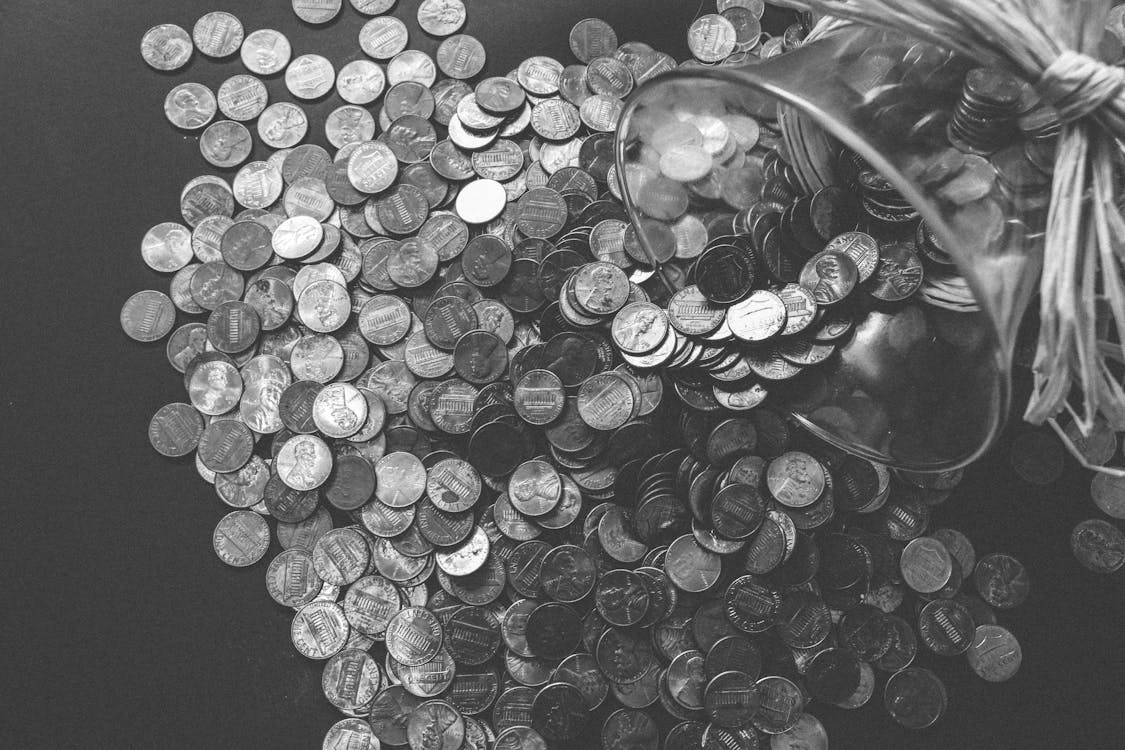
The End of Cash: How AI and "Invisible Banking" Are Revolutionizing Money in 2025
By Tech-NestX Team | Category: FinTech & Economy | Updated: 2025
When was the last time you touched a physical banknote? For many of us, paper money is becoming a relic of the past, like the floppy disk or the VHS tape. But the revolution happening in 2025 goes far beyond just using a credit card instead of cash.
We are entering the era of "Invisible Banking."
In this new world, banking is not a place you go, and it's not even an app you open. It is a background layer of your life, powered by Artificial Intelligence that manages your wealth, pays your bills, and invests your spare change automatically, without you lifting a finger.
1. Biometric Payments: You Are the Wallet
In 2025, carrying a plastic card or even a smartphone to pay is considered "friction." The biggest trend in retail is Biometric Checkout.
Companies like Amazon (Amazon One) and WeChat Pay have normalized "Palm Scanning" and "Face Pay." You walk into a grocery store, grab what you need, and simply scan your palm at the exit. The sensors identify your unique vein patterns and deduct the money from your account instantly.
2. Hyper-Personalized AI CFOs
Financial Advisors used to be a luxury for the wealthy. Today, everyone has a "Chief Financial Officer" in their pocket.
Generative AI banking apps connect to your bank accounts, credit cards, and investments. But they don't just show you a graph; they take action.
- Auto-Switching: The AI notices your Netflix subscription price went up. It automatically cancels it and suggests a cheaper bundle.
- Debt Optimization: It analyzes your credit card interest rates and automatically moves your debt to a card with a lower APR (Balance Transfer) to save you money.
- Micro-Investing: It predicts your spending for the month. If it sees you have $50 "safe to spend," it automatically moves it to an S&P 500 index fund before you can waste it on coffee.
3. The Rise of CBDCs (Gov-Coin)
While Bitcoin dominates the headlines, the real disruption in 2025 comes from Central Bank Digital Currencies (CBDCs).

Governments realized they couldn't ban crypto, so they copied it. The Digital Dollar, Digital Euro, and Digital Yuan are programmable currencies. Unlike cash, this money has "rules."
Example: A government could issue a "Stimulus Check" that expires if not spent within 30 days to boost the economy. This level of control is controversial, creating a massive debate about privacy vs. convenience.
4. Decentralized Finance (DeFi) Goes Mainstream
For those who fear government control, DeFi has become the alternative banking system. In 2025, the complex interfaces of the past are gone.
New "DeFi Wallets" look just like traditional banking apps. You can lend your stablecoins (USDC) to borrowers globally and earn 5-8% APY, compared to the 0.01% interest offered by traditional banks. The "Middleman" (the bank) is removed, and the profits go back to the user.
5. Fraud Detection: AI vs. AI
As we discussed in our cybersecurity guide, hackers are using AI. Fortunately, banks are fighting back with even stronger AI.
Traditional fraud detection used simple rules (e.g., "If card used in another country, block it"). Contextual AI in 2025 understands your life. It knows you are traveling because it sees your airline ticket purchase. It knows you buy coffee at 8 AM.
This reduces "False Positives" (your card getting declined embarrassingly) while stopping sophisticated fraud attempts in milliseconds.
Conclusion: Adapt or Decay
The transition to a cashless, AI-driven economy is inevitable. It offers convenience, speed, and potentially higher returns on your savings.
However, it requires a new level of digital literacy. In 2025, understanding how to secure your digital wallet is just as important as knowing how to lock your front door.
The future of money is invisible. Make sure you are the one controlling it.
Want to know more about the technology securing your money?
Read Next: Your Password is Dead - Cybersecurity Guide